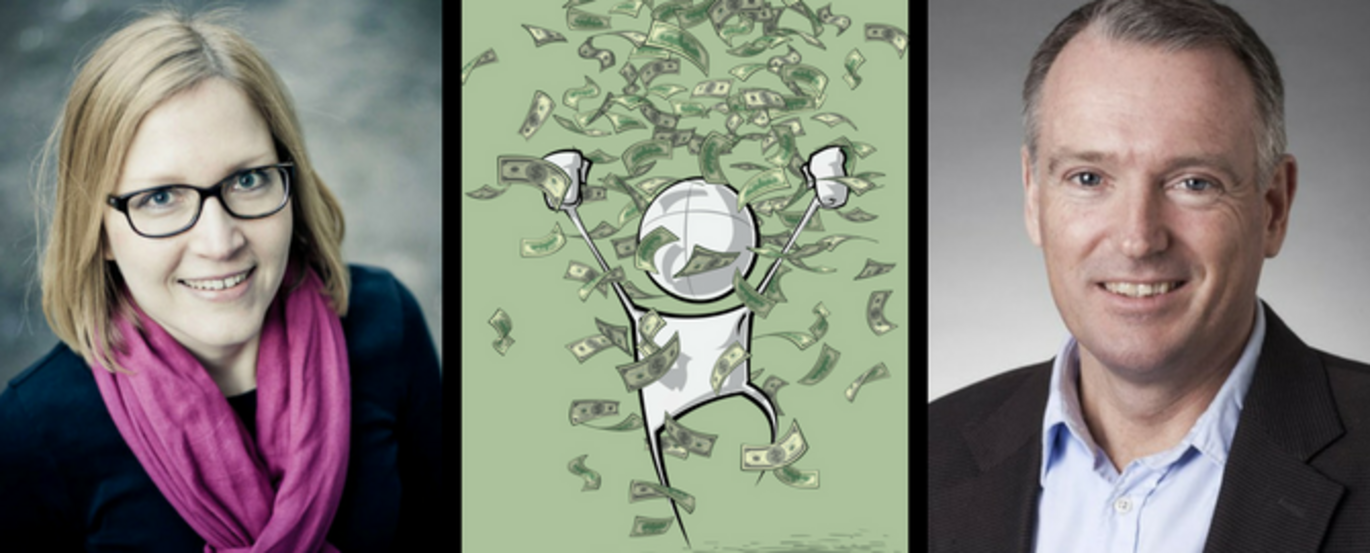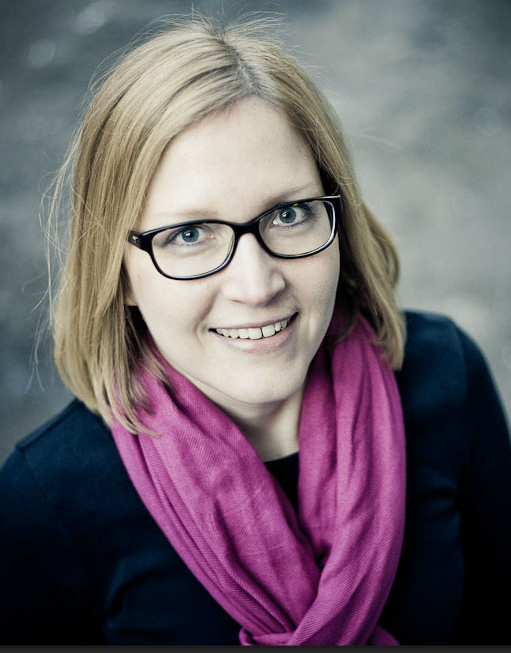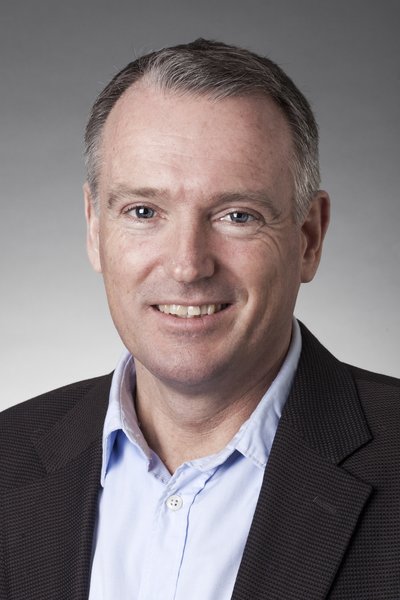AU researchers get DKK 138 million – how will they use it?
The Danish Council for Independent Research has given just over DKK 138 million to 41 AU researchers. Two of them tell us what their share of the money will be used for.

Irene Pollach, associate professor at the Department of Management

What will the research funding be used for?
"My project deals with financial news, which is very important for the financial market. The media industry has been under a lot of pressure through the years with declining revenues and increasing competition to be first with the news. This has significance for the quality of the news. I will examine how news agencies, newspapers and financial analysts produce financial news based on press releases from companies. The project will show the degree to which companies affect financial news with their explanations of financial results and how much the other stakeholders within the financial news area use their power to adjust the content of financial news. Specifically, the grant will be used on a PhD fellowship, a student assistant for data collection, trips to conferences and stays abroad in the United Kingdom for the PhD student and myself."
What does it mean for you and your research that you have received this research funding?
"With the funding I've received, I can shed light on a much bigger issue than I otherwise would be able to. In my everyday work as a researcher, I would never have had time to gather and analyse such a large amount of data as we will in this project. Without external funding you have to think on a smaller scale in your research."
What do you expect the project to result in?
"I expect we will write a number of articles about how financial news is produced and who takes power over the content. The results will help our understanding of whether the media assumes its traditional role in society as a ‘watchdog’. As the PhD makes up the largest part of the project, the PhD student’s PhD programme is also a benefit of the project."
How long will the research project last?
"Three years."
Anders Nykjær, professor of medical biochemistry, Department of Biomedicine

What will the research funding be used for?
"Major genetic studies carried out by other researchers have shown that there may be a correlation between Alzheimer's disease and type 2 diabetes; if you have one of the diseases, there is an increased risk of getting the other. The research suggests that an error in the SorCS1 gene is involved. We don’t yet know how this gene functions. That is what we will study, among other things using cellular studies and experiments on mice."
What do you expect the project to result in?
"We hope that, in the long term, the research can help in the development of medicine for the treatment of diabetes and possibly improve the course of the disease for Alzheimer's patients."
What does it mean for you and your research that you have received this research funding?
"It means that I can really make progress with a project that has great social relevance, and which I find very interesting. When you receive a grant of this size, you also expect the research to take place in collaboration with a colleague. The grant therefore also means that I’ve been given the opportunity to establish a close collaboration with Professor Marco Capogna, who was recruited from Oxford University last year."
How long will the research project last?
"Three years."
Funding from the Danish Council for Independent Research: DKK 5,140,560.
Slightly less money than last year
Even though AU's researchers received DKK 138 million out of the DKK 633 million awarded in total by the Danish Council for Independent Research this year, the amount is slightly lower than last year. In 2016, DKK 148 million of the DKK 565 million awarded went to researchers from AU.
At AU, four of the grants went to researchers at Arts and three to researchers at BSS. The remaining 34 grants are distributed between Science and Technology and Health.
Source: The Danish Council for Independent Research.
The full lists of the researchers who have received research funding from the Danish Council for Independent Research can be found here:

